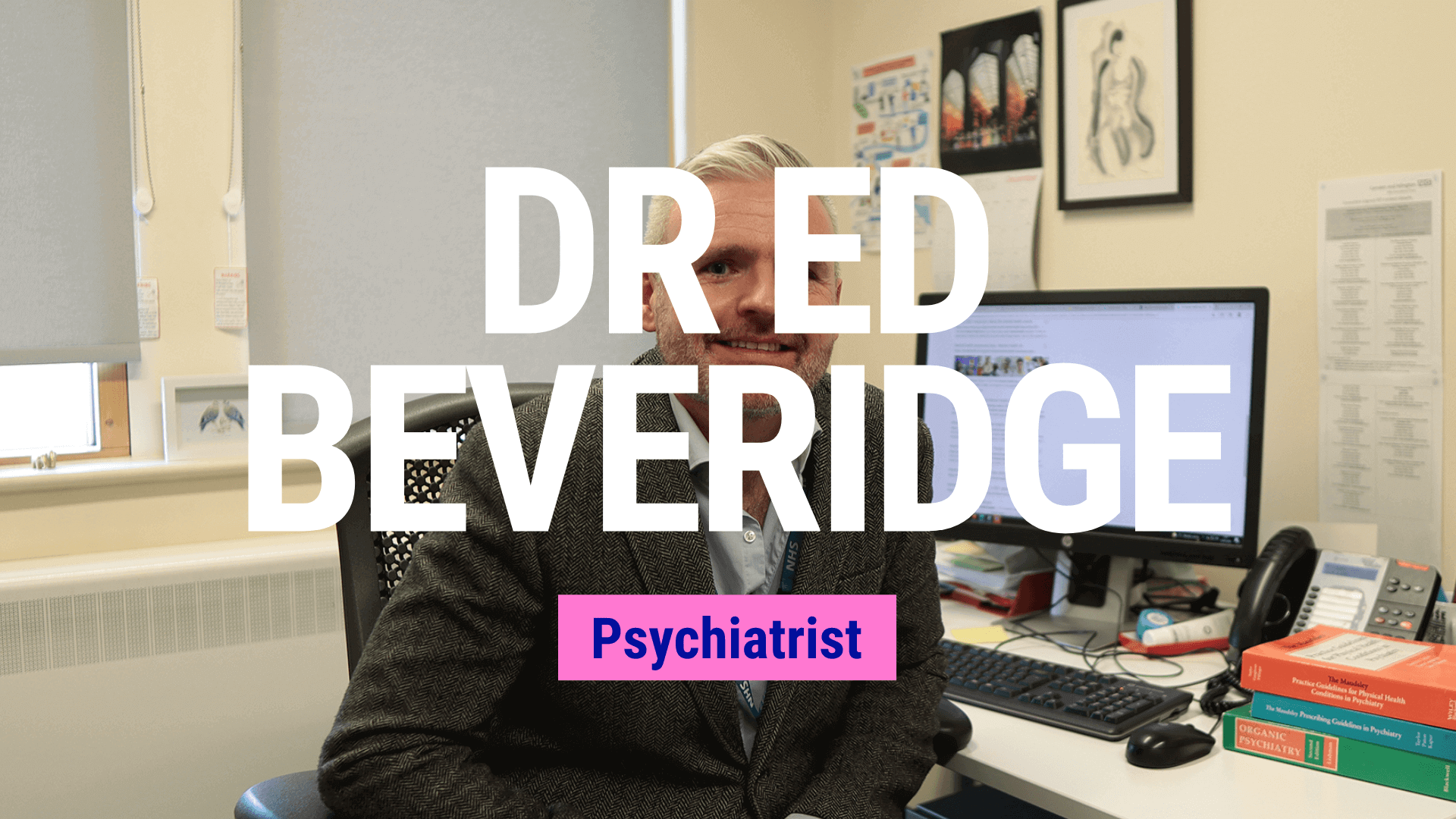How to help someone stop smoking
Worried about a loved one's smoking habits? Here's how you can help.
Download guide
How can I help my friend quit smoking?
It isn’t easy to stop smoking so having someone in your corner can really make a difference. Understanding the challenges, especially managing nicotine withdrawals, and how it will make them feel will help you support them better.
What is the most effective way to stop smoking?
Do you want to help someone you care about quit for good? If so, these tips are for you:
1: Listen but don’t nag
When talking to your loved one about their smoking don’t lecture them instead look for conversation openings when they mention their smoking, for example “I need to stop”, “I’d save a fortune”, “the kids keep nagging me to stop”, “I’m thinking about quitting. Talk about the benefits of quitting, linked to what they are telling you.
2: Help them with their quit plan
Encourage them to explore their options. This could include downloading our handy tool to them to make a quit plan and get ongoing support from a trained stop smoking adviser. Ask how you can help with the plan. This could include practical things like removing all lighters and ashtrays from your home, or just by simply being there to talk to if they feel tempted.
3: Tell them about the support available in their area
Smokers who get support from a free local stop smoking service are much more likely to quit for good. Stop smoking advisers are experts in helping people to stop smoking, they are non-judgemental and understand the difficulties quitting can bring. Find their local service.
4: Encourage them to use stop smoking aids
There are several stop smoking aids that they can choose to use. These can drastically increase their chances of success. Learn more about stop smoking aids.
5: Help them manage their stress
Supporting someone as they try to quit smoking can be difficult especially in the first few weeks. They may feel irritable, restless and low in mood. You can help by showing them that you understand, by not taking their moods personally and by letting them know that these feelings will pass.
6: Help them deal with their smoking triggers
People who are trying to quit are more likely to want to smoke if they find themselves in a situation, or experience a feeling, where they would usually smoke. These are often called ‘smoking triggers’. Speak to your loved one about their triggers so you can help them avoid these or distract them. If they can’t avoid them, you can help them to think of some tactics to manage them like using nicotine replacement gum.
7: Keep them motivated and on track
Encourage them to keep their motivation for quitting in mind, write it down, find a picture that represents this and encourage them to keep it with them. Download our printable calendar to mark of the days on their journey to quitting.
8: Help them deal with setbacks
It’s not uncommon for people trying to quit smoking to smoke again within the first three months of quitting. If this happens they will probably feel guilty and like they have failed so it’s important you don’t make them feel worse by getting angry or doubting their ability to quit. Remind them of how far they have come and how much they have learned.
9: Celebrate their successes
Quitting smoking takes a lot of mental and emotional energy, so celebrating that your loved one is making a major and very positive change to their life is important. This could be something like making them a special meal, a small gift or by simply telling them how proud you are.
Dr Ed Beveridge, Psychiatrist
London Psychiatrist Dr Ed Beveridge gives some advice for smokers wanting to stop smoking and what to do if you relapse.

How do you motivate someone to stop smoking?
The important thing to remember is that the decision to stop smoking needs to come from the person themselves.
Some people have told us that their friends and family try to get them to quit by nagging. But this is unlikely to work. In fact, it can backfire as they may not come to you for help when they are ready to try. Try to accept that the person quitting smoking is in charge.
When they do tell you they want to give quitting a try, be sure to let them know that you’re proud of them, believe they can do it and you’ll be there to help them along the way.



